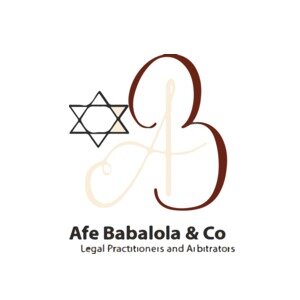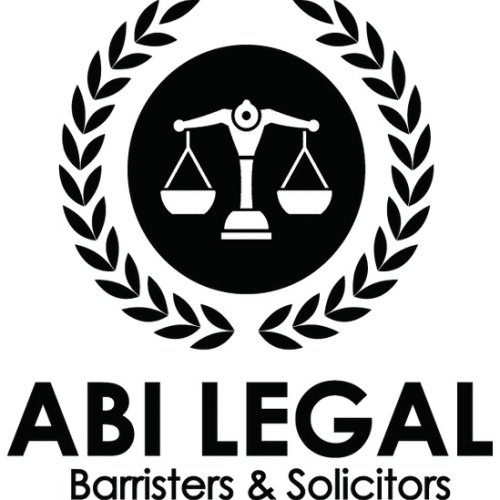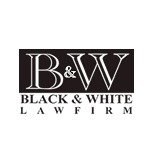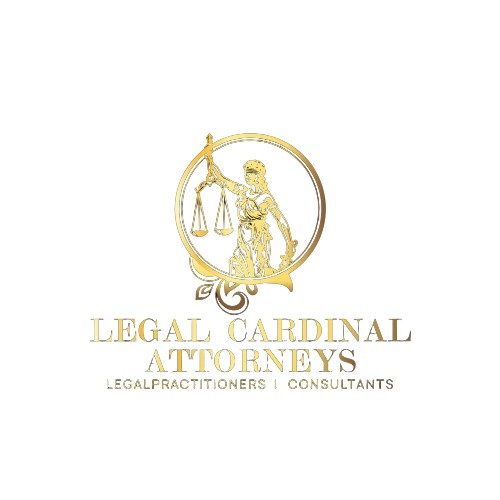Best Private Equity Lawyers in Ibadan
Share your needs with us, get contacted by law firms.
Free. Takes 2 min.
List of the best lawyers in Ibadan, Nigeria
About Private Equity Law in Ibadan, Nigeria
Private equity refers to investment funds or individuals who invest directly in private companies or buy out public companies to delist them, often aiming for operational improvements and long-term growth. In Ibadan, Nigeria, private equity is gaining traction as local and foreign investors seek to finance businesses ranging from startups to established firms. With economic development ongoing in Oyo State and the southwest region, private equity transactions are becoming a key source of business capital. Legal guidance is essential at every stage, from structuring investments to exit strategies, due to the complex interplay of local regulations and international best practices.
Why You May Need a Lawyer
Private equity deals involve substantial financial and legal risks, making expert legal counsel necessary. Common scenarios that require a lawyer include:
- Negotiating and drafting investment agreements or term sheets
- Conducting due diligence on target companies
- Structuring transactions to comply with Nigerian regulations
- Resolving shareholder or partner disputes
- Advising on regulatory compliance with bodies like the Securities and Exchange Commission (SEC)
- Facilitating cross-border transactions involving foreign investors
- Protecting intellectual property and commercial interests
- Ensuring proper exit strategies like share disposals or public offers
Without legal support, risks include financial losses, regulatory penalties, unenforceable agreements, and negative impacts on business reputation.
Local Laws Overview
Private equity in Ibadan is governed by laws and regulations set by both the Nigerian government and regulatory bodies. Key aspects include:
- Companies and Allied Matters Act (CAMA): Sets out rules for company formation, management, mergers, and acquisitions.
- Investment and Securities Act (ISA): Provides the legal basis for investments, including private equity activities.
- Securities and Exchange Commission (SEC) Rules: Regulates private equity funds, disclosures, and investor protection.
- Foreign Exchange and Investment Laws: Overseen by the Central Bank of Nigeria and Nigerian Investment Promotion Commission, these govern capital inflows and outflows relating to private equity investments.
- Tax Laws: Relate to capital gains, stamp duties, and corporate tax obligations that directly affect private equity deals.
- Local Content Laws: In some sectors, these require a minimum level of local ownership or local participation.
Private equity transactions must be structured to comply with these laws, which can be complex and subject to updates. Engaging a lawyer ensures that all regulatory and legal requirements are satisfied before, during, and after the investment.
Frequently Asked Questions
What is private equity, and how does it work in Ibadan, Nigeria?
Private equity involves investing capital into private companies or taking public companies private. In Ibadan, it typically includes growth capital for local businesses, management buyouts, and venture capital. Investors often seek high returns over a defined period before exiting the investment.
Are there restrictions on foreign private equity investment in Ibadan?
Yes, Nigeria has regulations on foreign investments. The Nigerian Investment Promotion Commission regulates entry, while the SEC oversees compliance with securities laws. Certain sectors may have restrictions, and proper registration is required.
Do private equity transactions in Ibadan require approval from any government body?
Transactions of significant size or involving regulated sectors usually require approval or notification to the SEC or other relevant bodies, such as the Federal Competition and Consumer Protection Commission.
What legal documents are involved in private equity deals?
Key documents include term sheets, share purchase agreements, shareholder agreements, due diligence reports, regulatory filings, and board resolutions.
What taxes apply to private equity in Ibadan?
Common taxes include corporate income tax, capital gains tax, stamp duties, and withholding taxes on dividend payments. Proper structuring is necessary to minimize tax liabilities.
How can a lawyer assist during due diligence?
Lawyers review corporate, financial, commercial, and legal documents to identify potential risks and ensure the target company complies with relevant laws.
Is it mandatory to register a private equity fund with the SEC?
Yes, under current Nigerian regulations, private equity funds operating in or from Nigeria are generally required to register with the SEC for investor protection and regulatory compliance.
Can private equity investors take a controlling stake in Nigerian companies?
Yes, subject to sector-specific regulations and shareholder agreement terms. Some sectors require local ownership thresholds due to national policy.
How are investor rights protected in private equity deals?
Rights are typically outlined in shareholder agreements stipulating governance structures, board representation, veto powers, and exit rights. Nigerian law also provides for minority shareholder protections.
What are typical exit options for private equity investors?
Common exit routes include trade sales to other investors, secondary buyouts, initial public offerings (IPOs), and share buybacks by the company.
Additional Resources
Several organizations offer information and support for private equity matters in Ibadan and Nigeria as a whole:
- Securities and Exchange Commission (SEC) Nigeria
- Nigerian Investment Promotion Commission (NIPC)
- Corporate Affairs Commission (CAC)
- Nigerian Private Equity and Venture Capital Association (NPVCA)
- Central Bank of Nigeria (CBN) for forex and capital controls
- Oyo State Ministry of Commerce, Industry, and Cooperatives
Next Steps
If you are considering entering into a private equity transaction or investment in Ibadan, Nigeria, carefully assess your needs and risks. Consult a qualified lawyer with experience in private equity and regulatory compliance. You can approach local law firms, reach out to relevant government agencies for guidelines, or use professional networks to find a suitable advisor. Ensure your legal advisor is familiar with both federal and Oyo State-specific laws and can represent your interests throughout the transaction. Timely legal advice can protect your investment, avoid costly disputes, and help you maximize value from your private equity activities in Ibadan.
Lawzana helps you find the best lawyers and law firms in Ibadan through a curated and pre-screened list of qualified legal professionals. Our platform offers rankings and detailed profiles of attorneys and law firms, allowing you to compare based on practice areas, including Private Equity, experience, and client feedback.
Each profile includes a description of the firm's areas of practice, client reviews, team members and partners, year of establishment, spoken languages, office locations, contact information, social media presence, and any published articles or resources. Most firms on our platform speak English and are experienced in both local and international legal matters.
Get a quote from top-rated law firms in Ibadan, Nigeria — quickly, securely, and without unnecessary hassle.
Disclaimer:
The information provided on this page is for general informational purposes only and does not constitute legal advice. While we strive to ensure the accuracy and relevance of the content, legal information may change over time, and interpretations of the law can vary. You should always consult with a qualified legal professional for advice specific to your situation.
We disclaim all liability for actions taken or not taken based on the content of this page. If you believe any information is incorrect or outdated, please contact us, and we will review and update it where appropriate.

















